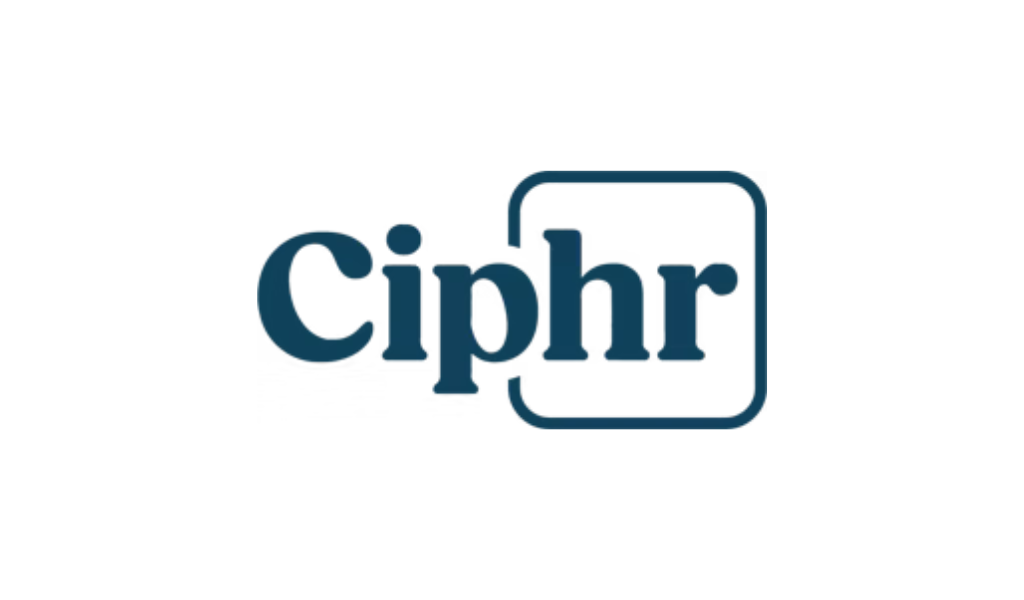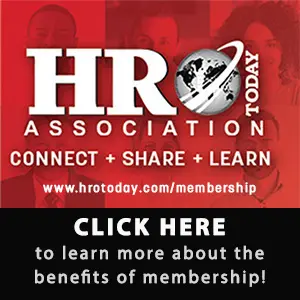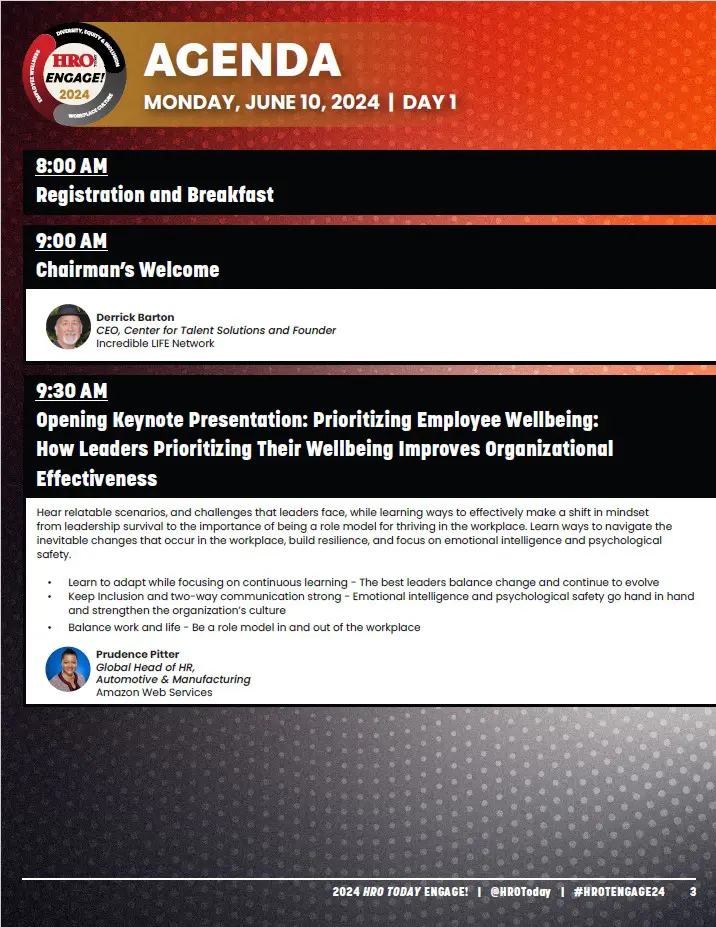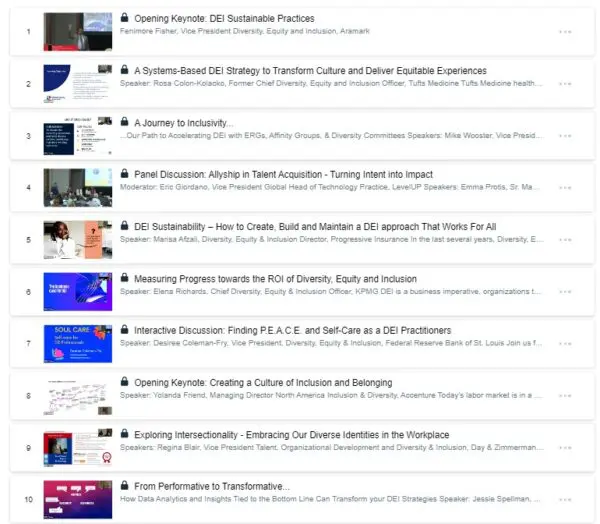International Workplace Group, a leading provider of flexible workspaces and hybrid work solutions, has released its third annual U.S. HR Leaders & Hybrid Working Report, which reveals the critical role flexible and working closer to home plays in recruiting and retaining talent.
The research shows most (86%) HR leaders believe that flexible working is one of the most in-demand benefits prospective employees are seeking, the exact same result as when IWG asked the same question in 2025, showing hybrid work continues to be a critical differentiator for employers looking to attract top talent.
Meanwhile, four in five CHROs (79%) believe flexible working is key to retaining talent. Without flexible working options, 62% of HR leaders predict a significant decline in talent retention; conversely, organizations that embrace greater flexibility anticipate uplifts in retention, with 67% expecting improvements in this area.
Respondents cite talent retention as having the most positive impact on building a productive and profitable workforce, and when asked what business objectives HR leaders feel are more important to the C-suite now than three years ago, HR leaders named recruitment (59%) and retention (59%). These findings highlight the critical role of hybrid work in driving business leaders’ priorities.
“Hybrid working is no longer just a perk. It’s a strategic necessity for businesses aiming to thrive in today’s competitive landscape,” says Mark Dixon, CEO of IWG. “By embracing flexible working models, companies can unlock greater productivity, attract and retain top talent, and ultimately build a happier workforce. CHROs are at the forefront of this transformation, ensuring that hybrid working supports employee well-being and progress and drives long-term business success.”
Shorter commutes – often enabled by hybrid work – have been linked to various positive impacts on workforces. Not surprisingly, more than four in five (81%) say that if their company increased flexibility and employees didn’t have to undergo lengthy commutes every day to a central office, it would have a positive impact on the company, with two-thirds saying it would positively impact talent retention (67%) and improve employee well-being (67%).
On the flip side, 83% say that if their company reduced flexibility and employees had to undergo lengthy commutes every day to a central office, it would have a detrimental effect on the company in some way, including negatively impacting employee well-being (63%) and retention (62%).
The role of the CHRO continues to evolve as business leaders and employees look to their HR departments for guidance in navigating changing workplace expectations, including ongoing discussions about hybrid work and flexibility. The vast majority (89%) of U.S. HR leaders say their role has more influence than ever before, with eight in 10 (84%) citing the changing business landscape and nearly the same (78%) citing the regulatory landscape as key factors driving the importance of their role.
Supporting evidence further affirms that CHROs are increasingly recognized as trusted advisors to CEOs, shaping business strategies by aligning talent management with organizational goals. A recent McKinsey report noted that top CHROs are working closely with CEOs to drive company direction. Similarly, Harvard Business Review research notes CHROs are now seen as potential CEO successors due to their enterprise-wide perspective and leadership skills. Their ability to manage talent, culture, and strategy positions them as critical C-suite players.
As they grow in influence, nearly all (92%) HR leaders say a culture of listening is crucial to building a company culture. Knowing how important it is for HR leaders to reflect the needs and demands of employees with actionable change, it’s little surprise that they are bullish about how hybrid and flexible work can improve key HR business imperatives like talent retention and attraction.













